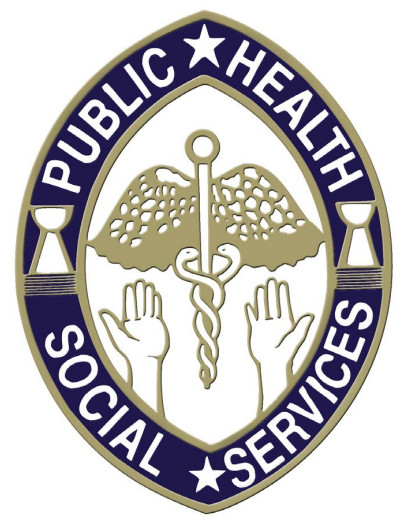Learn about Nursing Homes
Nursing homes provide 24-hour care at a sub-acute level for a variety of needs and for individuals who can no longer live independently. A nursing home setting may also be appropriate for people who need extended post-operative care or complex medical monitoring. Some nursing homes are called skilled nursing facilities.
What are nursing homes?
Nursing homes provide medical care, room, and board to individuals of all ages on a short-term or long-term basis. Patients recovering from an illness or surgery often go to a skilled nursing facility to recuperate before returning home. Nursing homes also provide long-term care to individuals requiring 24-hour nursing or custodial care. All nursing homes are licensed and regulated by state governments.
What services are generally offered?
Nursing homes provide comprehensive nursing, medical, social and rehabilitative care. Licensed staff administer medications and coordinate treatment regimens. Residents are under the care of a physician, and all nursing homes have a physician on call to respond to acute needs, write prescriptions, and order treatments and tests. Rehabilitation may include physical, occupational, recreational, and speech therapies. Residents receive assistance with personal care such as bathing, meals, dressing and toileting. A registered dietitian evaluates residents’ dietary requirements and ensures that they are met.
Social activities and recreation are frequently provided; many facilities schedule activities based on a resident’s needs and preferences.
How do I choose a nursing home?
The federal government regulates nursing homes that accept Medicare payment, because these facilities receive federal money. Most states have additional regulations. The Medicare Website maintains includes a tool for comparing nursing homes, with detailed information about the performance of every Medicare- and Medicaid-certified nursing home in the United States.
In evaluating nursing homes, you may also wish to print copies of GetCare's Nursing Home Checklist, which provides detailed questions to help you compare facilities. Be sure to review the nursing home contract with a lawyer or other trusted advisor.
How do I pay for a nursing home?
Medicare pays for only a limited amount of skilled nursing care, limited to medically necessary recuperation or wound care. This is restricted to 20 days of full coverage and 80 days of partial coverage. Medicare does not pay for custodial care. If you have long-term care insurance, check your policy to see whether skilled nursing is covered.
Monthly nursing home costs can range from $1,500 to $6,000. Since skilled nursing care can be costly, many people who need it on a long-term basis eventually exhaust their own funds and become Medicaid beneficiaries. Check with your insurance carrier, lawyer, or a qualified social worker to determine the type of reimbursement for which you qualify.
Contact your local State office if you have questions or would like to talk with someone in person about your situation. Guam GetCare staff are available to help you.
Use this checklist to evaluate and compare nursing home.


